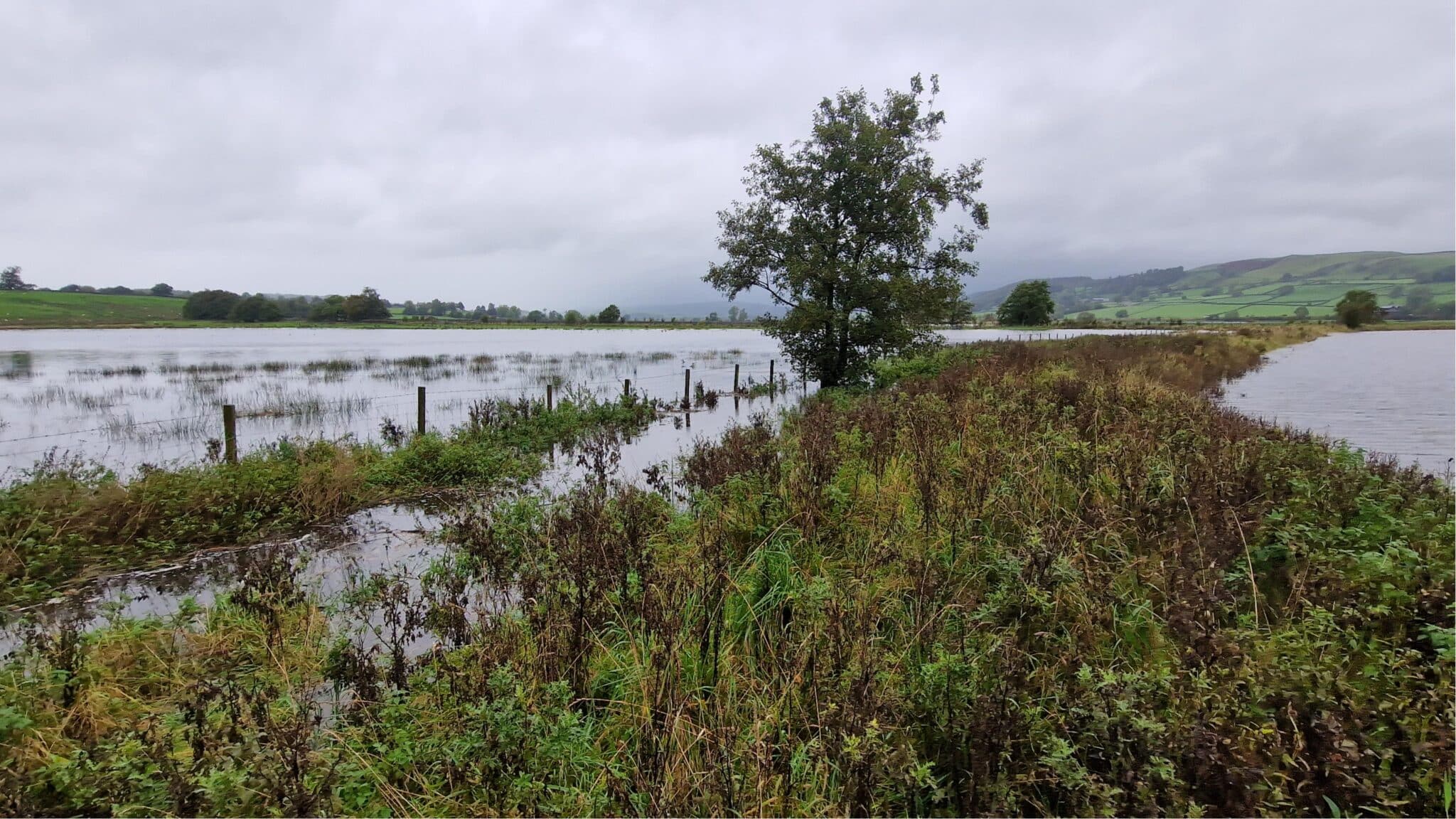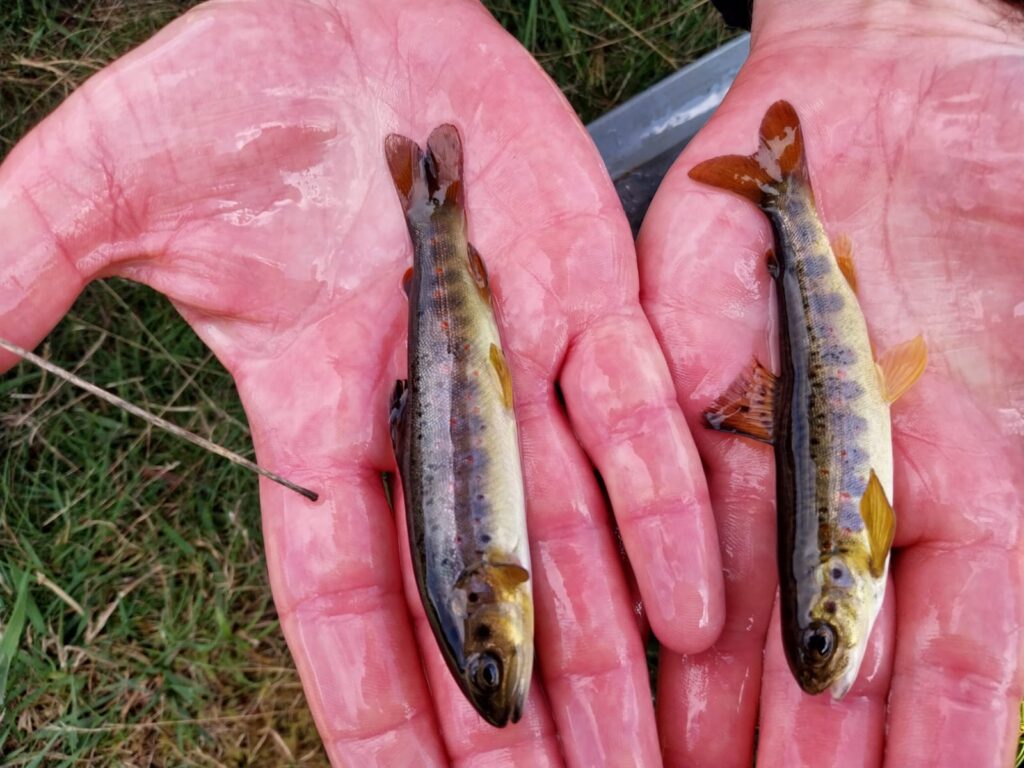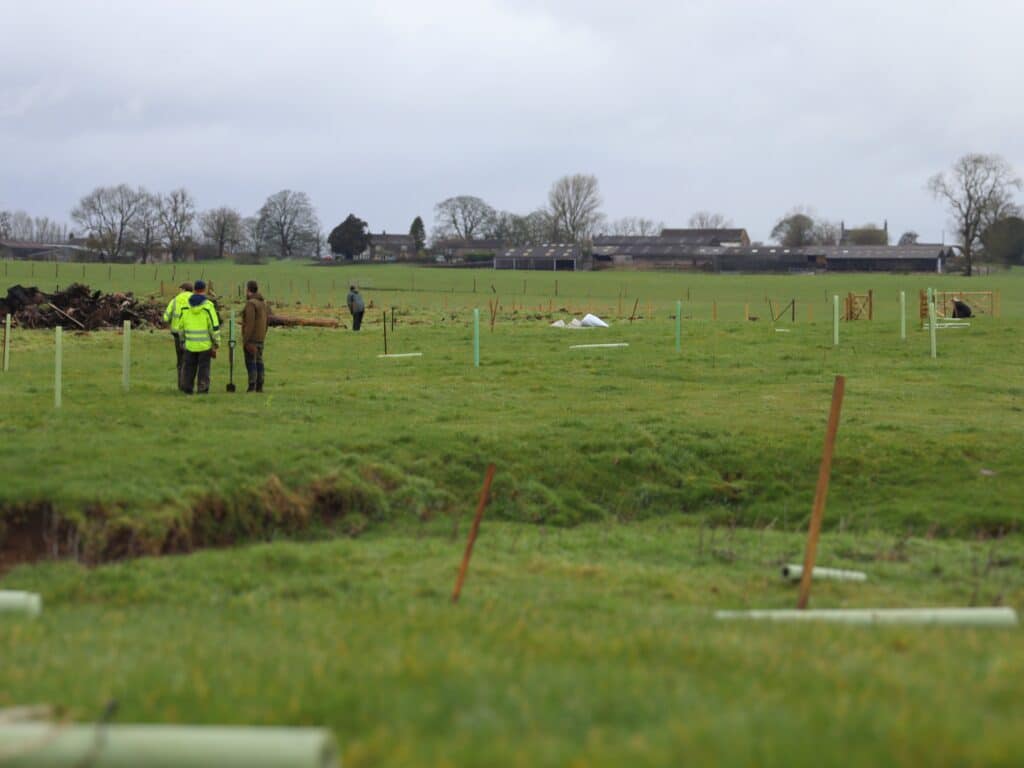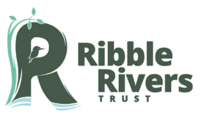
Species Survival Fund to Make Room For Rivers
Twenty conservation projects species are to benefit from the government’s Species Survival Fund. Including Ribble Rivers Trust, who will receive a grant for £1.65 million.
The £25 million fund aims to enable the restoration of over 3,300 hectares of critical habitats. Wildlife charities, farmers, and community groups will all recieve grants for their projects. Each will accelerate nature recovery and support precious species.
How will the species survival fund benefit the Ribble?
The Ribble Revival: Room for Rivers programme aims rejuvenate the Ribble catchment. At the core of this work is the targeting of strategic locations to benefit river species and local communities. With a focus on reversing declines in nationally significant species like smelt, European eels, Atlantic salmon, and brown trout, this initiative represents a pivotal step towards restoring the health of our waterways.

Backed by 16 years of data collected by the Ribble Rivers Trust, the programme will address key issues affecting catchment health. In particular, water quality, water quantity, habitat quality, and habitat connectivity. These problems, often stemming from human activities, have led to a decline in wildlife populations and impacted communities.
The programme’s Nature-Based Solutions (NBS), such as creating wetlands and improving river habitat, will tackle these challenges head-on. By employing inventive strategies we will restore and create wildlife-rich habitats. From enhancing fish passage for salmon and trout to creating publicly accessible wetlands and de-culverting streams, careful planning ensures that each project will improve water quality, reduce flood risk, and provide valuable benefits for people and wildlife.
Can communities help with Room For Rivers?
In collaboration with partners like Yorkshire Dales Millennium Trust and Jamie’s Farm, Skipton, the programme aims to engage a wide range of stakeholders, including local communities and young people from urban areas. Through citizen science monitoring, habitat creation, and educational visits, residents will play an active role in the conservation efforts. Through these actions we will be fostering a deeper understanding and appreciation for our rivers and connected habitats.

“This programme represents a collaborative effort to safeguard the future of our rivers and the communities that rely on them,” said Jack Spees, Ribble Rivers Trust Chief Executive. “By working together and engaging with local partners, we can ensure the success and sustainability of these vital restoration projects.”
Eilish McGuinness, Chief Executive at The National Lottery Heritage Fund, says: “We are delighted to be working in partnership with Defra again to distribute funding for these projects, which will support nature recovery by helping to boost the quality and quantity of wildlife-rich habitats across England. This partnership will further our vision for heritage to be valued, cared for and sustained for everyone, now and in the future.”
The Ribble Revival programme will also support the local, green economy through the creation of five new jobs. It will also provide invaluable training opportunities for interns and volunteers. Through education and hands-on experience, participants will develop new skills while contributing to the long-term health of our environment.
As we embark on this journey to revive the Ribble, we invite the community to join us in building a brighter, more resilient future for generations to come.
The National Lottery Heritage Fund will deliver the Species Survival Fund on behalf of Defra.

